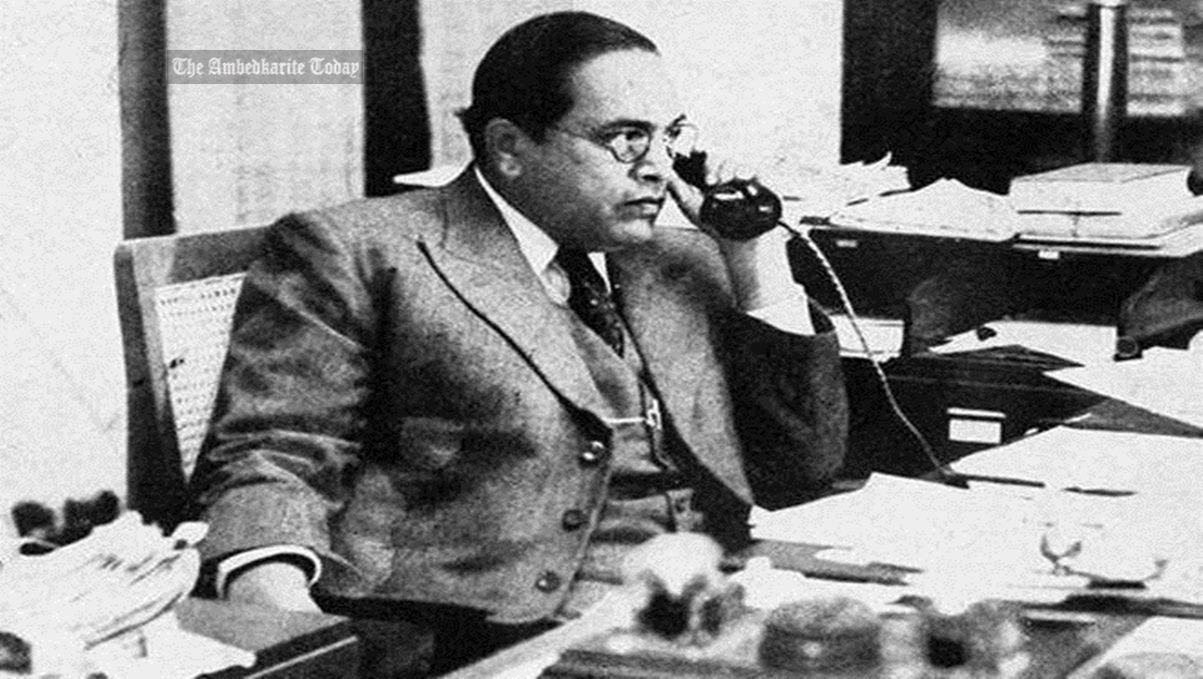The effect of caste on the ethics of the Hindus is simply deplorable. Caste has killed public spirit. Caste has destroyed the sense of public charity. Caste has made public opinion impossible. A Hindu’s public is his caste. His responsibility is only to his caste. His loyalty is restricted only to his caste. Virtue has become caste-ridden, and morality has become caste-bound. There is no sympathy for the deserving. There is no appreciation of the meritorious. There is no charity to the needy. Suffering as such calls for no response. There is charity, but it begins with the caste and ends with the caste. There is sympathy, but not for men of other castes.
[2:] Would a Hindu acknowledge and follow the leadership of a great and good man? The case of a Mahatma apart, the answer must be that he will follow a leader if he is a man of his caste. A Brahmin will follow a leader only if he is a Brahmin, a Kayastha if he is a Kayastha, and so on. The capacity to appreciate merits in a man, apart from his caste, does not exist in a Hindu. There is appreciation of virtue, but only when the man is a fellow caste-man. The whole morality is as bad as tribal morality. My caste-man, right or wrong; my caste-man, good or bad. It is not a case of standing by virtue or not standing by vice. It is a case of standing by, or not standing by, the caste. Have not Hindus committed treason against their country in the interests of their caste?
[ This is the part 13 of the book Annihilation of Caste written by Dr Ambedkar. Annihilation of Caste is an undelivered speech written in 1936 by B. R. Ambedkar. B.R. Ambedkar was the first highly educated, politically prominent Dalit. He wrote The Annihilation of Caste for the 1936 meeting of a group of liberal Hindu caste-reformers in Lahore ]

